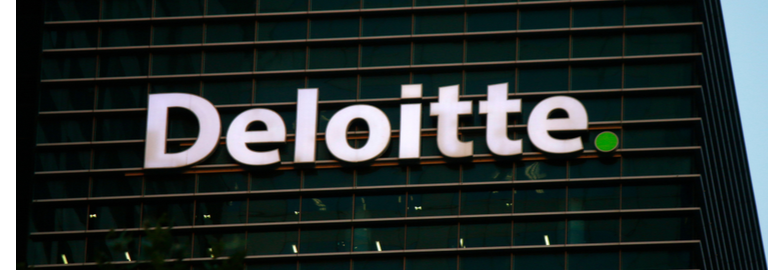Budget 2021: Pandemic could trigger a review of UK tax policy
Timing is everything when it comes to tax rises says Amanda Tickel, Deloitte’s new head of tax policy
Timing is everything when it comes to tax rises says Amanda Tickel, Deloitte’s new head of tax policy

As we approach the Budget, all eyes are on how the chancellor intends to “Build Back Better”. The UK’s budget deficit is expected to be £394 billion in 2020/21, with £280 billion of that a result of the steps taken to tackle coronavirus and support businesses and workers, according to the Office for Budget Responsibility. While an extensive balancing of the books fuelled by large scale taxation will have to wait as the government focuses on support measures, the chancellor will be keen to demonstrate fiscal credibility in the Budget.
The pandemic has been a tale of two halves; difficulties are ongoing for many across non-essential retail, leisure and hospitality, while sectors like pharmaceuticals, digital entertainment and food retail are performing strongly.
Some have suggested an additional tax on those who have made higher than ‘normal’ profits as one of the chancellor’s options, although it would be unusual. Such a tax has only been used a few times, notably during the First World War when from 1915, it was used to ease the strain of exceptional economic circumstances. A company’s wartime profits were compared against its pre-war average profit levels and any excess profits were subject to Excess Profits Duty, initially at 50 percent. This meant a company making £10,000 average pre-war profits that increased to £15,000 during wartime, would be subject to £2,500 of tax on the extra £5,000 of profits. By 1918/19, it has been estimated that the Excess Profits Duty was generating £285m for the exchequer – almost a third of total tax revenue.
So, how would something like this work in this day and age? Comparing average profits with pre-pandemic levels of profit is possible, but there are numerous complexities in doing so, not least in determining a fair and accurate period for calculating average pre-pandemic profits. Alternatively, the chancellor could choose to target specific sectors which are known to have performed well.
It seems increasingly likely, however, that creative tax policy will wait until the Autumn, and the chancellor will stick with more traditional changes like raising the rate of Corporation Tax. It has been reported that this could gradually increase to 23 percent over the course of the parliament and with limited room for manoeuvre given the “triple tax lock”, there are few other options to raise material amounts of revenue. Corporation tax made up 6 percent of total tax receipts in 2019/20 and increasing this by one percentage point from 19 percent to 20 percent would bring in an estimated £2bn of extra tax in the first year alone. An eventual increase to 23 percent would still leave the UK with one of the lowest tax rates amongst the G7.
The ratio of government debt to GDP has risen sharply, to levels last seen in the 1940s. Tax rises are likely to be needed in the medium to long term, in order to reduce public borrowing. Timing is everything; begin large scale taxation too early and it will hold back growth and deter investment, too late and you miss the chance to start balancing the books in good time.
Along with a focus on fairness and responsible spending, the government will no doubt want to promote a bright future, with incentive measures to support ‘Building Back Better’. Efforts must be concentrated on encouraging investment and attracting foreign owned business into the UK to build a sustainable economic future. A conclusion to the Brexit deal means the government can concentrate on introducing freeports, regional enterprise zones and creating more investment for fishing. Investment reliefs and tax incentives could be used to encourage growth in areas like life sciences and green energy.
After the Budget, the newly announced “Tax Day” on the March 23 will bring a raft of consultations leading up to what is likely to be a fuller fiscal event than usual in the Autumn. Separating the two makes sense, allowing time to digest immediate measures and give proper attention to consultations on future tax policy. As we emerge from the pandemic and deep recession a silver lining, in my view, is the opportunity we have to accelerate considerable reform to outdated areas of UK tax policy. Ensuring this policy matches up with modern day life is more important now than ever.